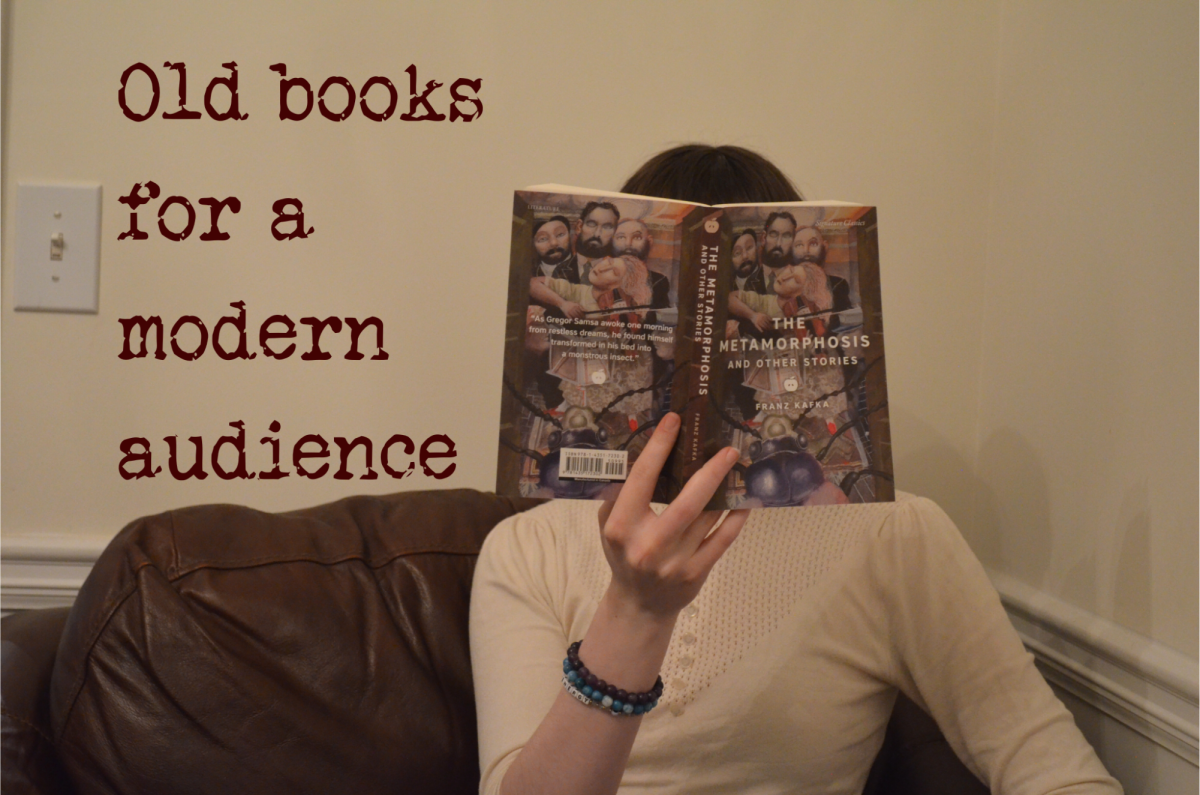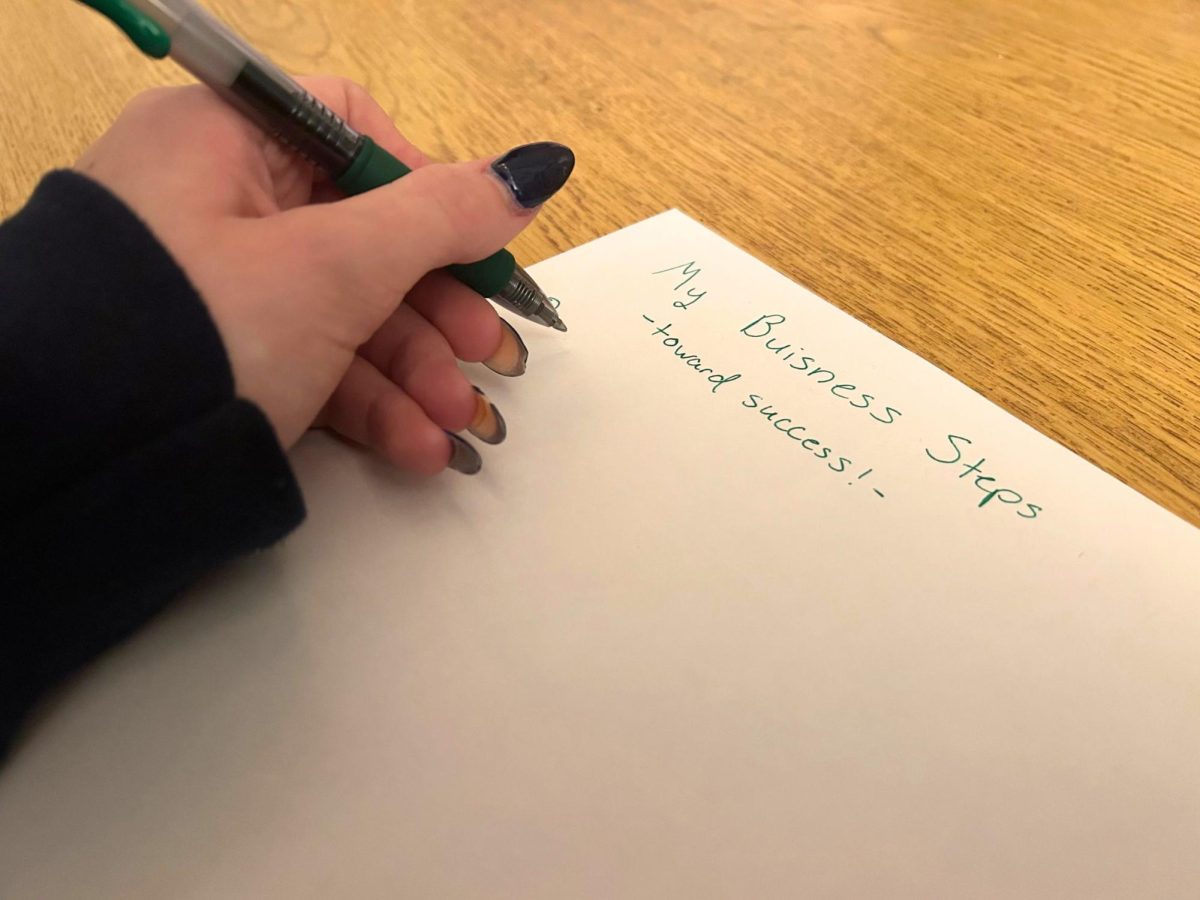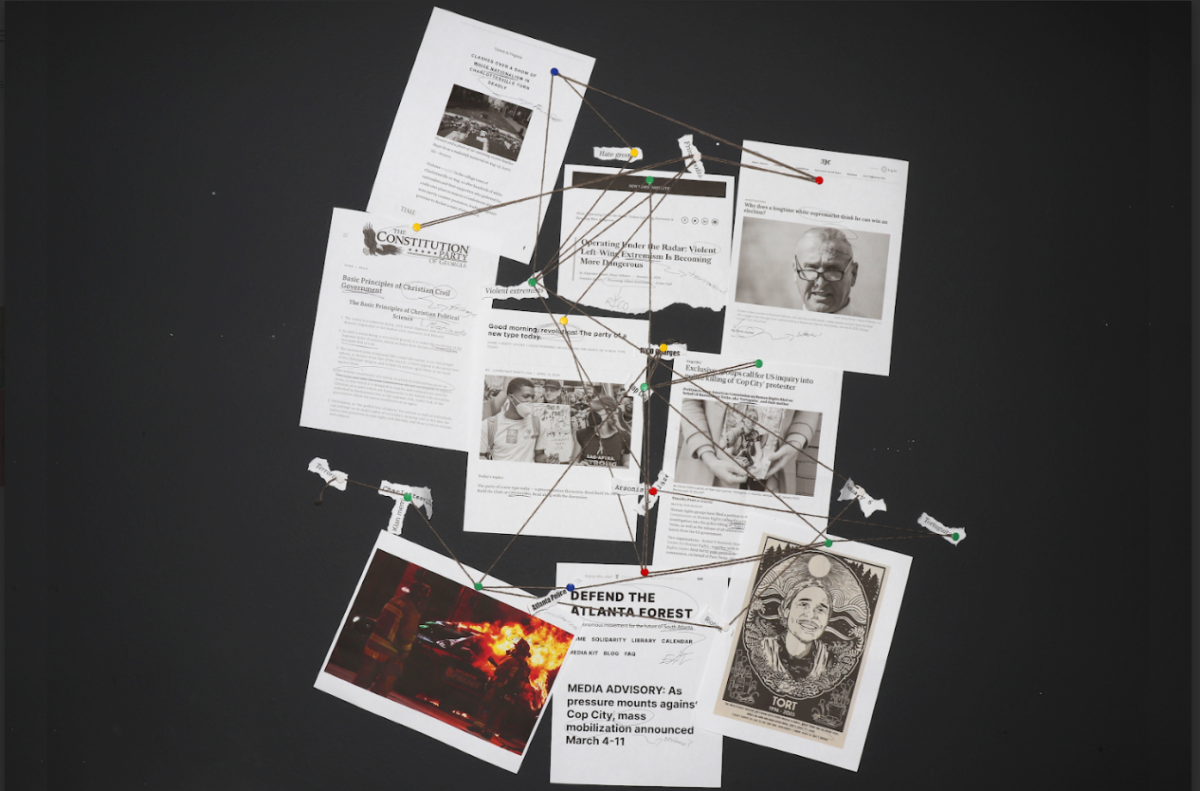As today’s teens explore the many worlds of literature, they enjoy books by writers such as Colleen Hoover, John Green, Suzanne Collins and Taylor Jenkins Reid. However, as BookTok recommendations dwindle, book-loving teens look to the past for fresh novels. Seasoned readers and people new to the hobby alike explore fictional, historic worlds between bibliosmia scented pages.
With a history riddled with controversy, the French novel “Madame Bovary” by Gustave Flaubert explores the life of the novel’s namesake, who feels trapped in a marriage to a dull, unambitious doctor despite her desire for adventure. The book, though arising from the puritanical time of the mid-19th century, realistically strips romance down to its ugly center through the eyes of a woman. This book likely appeals to readers of novels such as “We Are All The Same In The Dark” and other romance novels. Flaubert wrote the book in a tone that resembles the haunted darkness of the Brontë sisters with a look at the world through figurative sewer grates. The book became so controversial at the time of its publication that French courts charged the author, Flaubert, with obscenity due to the contents of the book. Luckily, the court eventually acquitted Flaubert, demonstrating the protection of freedoms despite the book’s incredibly controversial—for its time— look at love and sexuality.
The story follows the life of Madame Emma Bovary, formerly Emma Roualt, raised on a farm by her loving father. Despite living in this rural landscape, she longs for novel-like romance and adventure. When a widowed doctor comes to the farm because of her father’s injury, she enraptures him. The doctor marries Emma shortly afterward, but as time ticks on she becomes disinterested in her husband and her life. She meets another man, Rodolphe who lives near her new residence with the doctor, and begins an affair. Eventually, Rodolphe tires of her, throwing her into emotional turmoil.
“I enjoy reading stories that were inspired by real life. I believe that older books like this can appeal to this because these stories go back to the old saying, ‘History repeats itself.’ It can also make us appreciate the freedoms we have now that women back then didn’t,” sophomore Caitlin Heeralal said.
Jane Austen published “Pride and Prejudice” in 1813, attributed simply to, “The author of Sense and Sensibility” or “By a Lady,” during a time when society considered women publishing under their own names taboo. The novel, written with subtle wit, parodies the real people and clichés of the time. The reader stands from the point of view of Elizabeth Bennet, raised in a relatively wealthy, rural home with her four sisters. It opens on the satiric line, “It is a truth universally acknowledged, that a single man in possession of a good fortune, must be in want of a wife,” immediately introducing newcomer Mr. Darcy as the object of desire for the single women—and their mothers—in the area. Readers of any literature from “The Hitchhiker’s Guide to the Galaxy” to “Unmarriageable” can find a love for Austen’s popular work.
The book follows the second born of the five Bennet daughters, protagonist Elizabeth Bennet after the arrival of Mr. Darcy stirs the peace of the rural community. Rumored to hold incredible wealth, Darcy separates himself greatly from the happenings of the new community. Despite his reservations, he attends a ball with his friend, Mr. Bingley, where Elizabeth and her family meet Darcy. She finds the newcomer arrogant and standoffish, much to the disappointment of her mother, eager at the prospect of one of her daughters marrying a man with such wealth. As time progresses, Elizabeth and Darcy develop feelings for each other, which they struggle deeply to express, particularly due to the antics of their families and friends.
“I really like the social views of [“Pride and Prejudice”]. To me, I thought of it as a feminist book and almost an insight into a girl’s brain. I don’t think I would say it’s completely contemporary because of the language and the activities in the book, but I think Elizabeth’s view on men was contemporary for that time,” senior Mary Anglin said.
- “Anna Karenina” by Leo Tolstoy
The Russian novel, “Anna Karenina” takes place in late 19th century Russia and focuses on the converging lives of the novel’s namesake, Anna Karenina, her husband Alexei Alexandrovich Karenin, Alexei Kirillovich Vronsky, Konstantin Levin and Kitty Shcherbatsky. The novel burns with love, hate and suspense. It looks at the societal double standards for men and women and exemplifies the complexities of human emotion. Readers who enjoy books such as“Beloved” and “The Bell Jar” may find a place on their shelves for “Anna Karenina.” The 832-page length of the novel may put off prospective readers, but abridged versions could resolve the concern.
The plot centers on Anna Karenina, who, much like the previously mentioned Madame Bovary, feels trapped in a marriage with a well-liked man whose love she cannot reciprocate. She too, begins an affair, placing herself and everyone involved into a moral quandary. She knows her guilt, hates her husband for his goodness and hates herself for hating him. Karenin recognizes the sexist way society views divorce and adultery and worries greatly about the effect any actions he may take would create for his child. Meanwhile, Levin grapples with the philosophical questions of life and his purpose in it, along with a perceived unrequited love with Kitty.
- “Evelina” by Frances Burney
“Evelina” follows the dramatic life of an orphaned young woman, raised by her mother’s former guardian, Reverend Villars. The novel tells the story in a series of letters between the characters, providing unique insight into the relationship between each person. Although written in the late 18th century, the novel still embodies the confusion and emotional turmoil so common in growing up, particularly as a woman in a misogynistic society. Readers who enjoy historical fiction and books such as, “Bridget Jones’s Diary” will likely love “Evelina.”
The story follows Evelina as she leaves her rural upbringing under the care of Villars’s old friends Lady Howard and Mrs. Mirvan to experience the urban social world of London. She lacks the etiquette training to conduct herself appropriately, despite garnering excessive male attention. Her struggle to know the expectations of London’s society places her at the wrath of strangers. Despite her hectic surroundings, Evelina maintains her core goodness and works tirelessly to find herself and her family history.
The short novel, “The Metamorphosis” describes the experience of Gregor Samsa who inexplicably becomes a man-sized insect. The language of the book brings tears to the eyes of the reader for its simultaneous simplicity and melancholy, describing the metaphor for isolation with a poignancy beyond comparison. Readers of books such as “My Year of Rest and Relaxation” and “Veronika Decides to Die” may find “The Metamorphosis” right up their alley.
“The Metamorphosis” recounts Gregor Samsa’s tale, the salesman who wakes up one day with the body of a massive bug. In disbelief at first, he ignores his new body and returns to sleep, but waking up a second time, he makes the panicked realization that he no longer looks like a human. His family relies heavily on Gregor’s income, so his inability to work causes increased conflict. Gregor’s family isolates him in his room and feeds him, but they can no longer speak with him. This familial rejection distresses the increasingly animalistic protagonist. Through painful misunderstandings, Gregor becomes a burden until the end of his life.
As the holiday break approaches, readers should sit down with a candle and one of these novels to revisit history in an intriguing and dramatic way. Let the constancy of human emotion wash over the moments spent with these books. Book lovers must remember the warm knowledge that despite how it may feel, people simply exist as people, and history proves this.




















